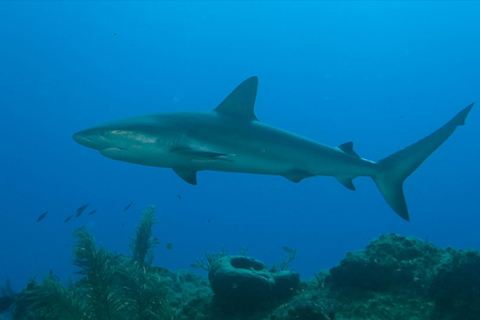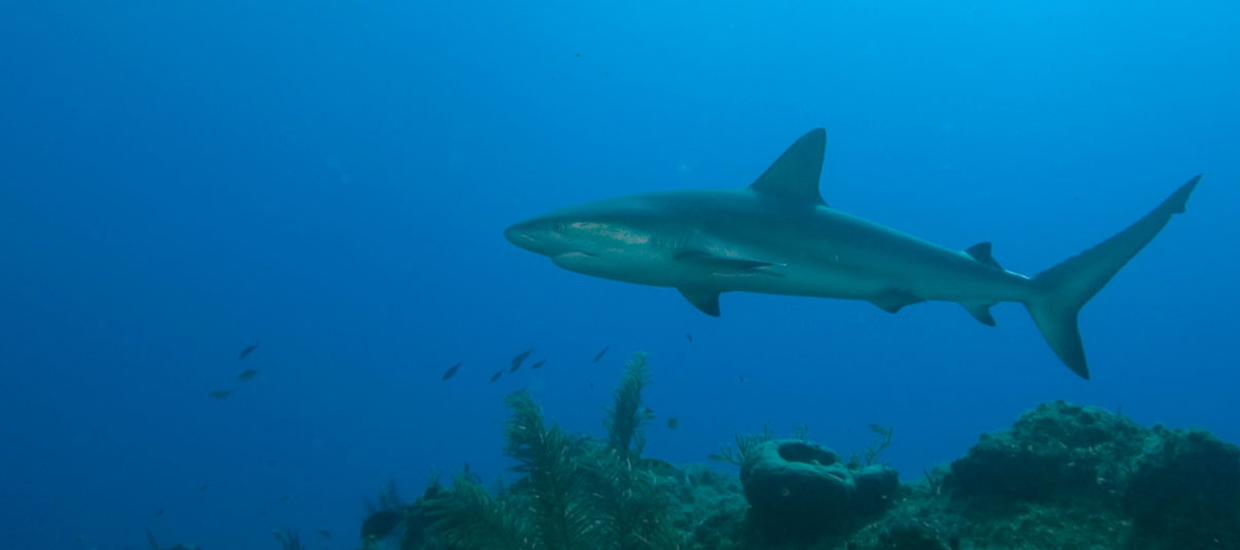Marine Conservation advances environmental preservation efforts within the marine realm. It encompasses scientific research methods and fieldwork, public outreach and education, GIS and remote sensing, environmental impacts, coastal law, environmental management statistics, as well as scientific literacy and communication.
The Marine Conservation MPS track provides students with advanced training in these theoretical and practical aspects of marine science and conservation. It offers unique flexibility to design a program of study that will prepare students for a wide variety of professional science careers, in fields such as marine biology, ecosystem science, management, media, and education.
Prerequisites:
Bachelor’s degree in any field
Course topics:
marine conservation biology, field techniques, GIS, statistics, environmental impact statements, coastal law, science communication and outreach
Example job titles:
- Director of Education
- Communications and Engagement Manager
- Aquarist
- Coastal Resource Management Specialist
- Coastal Crab Biologist
- Environmental Consultant
- Coral Reef Conservation Program Coordinator








